With a view to helping parents prepare children for the big move to school life, LEGO® recently held a DUPLO® Play Workshop in conjunction with Playcentre. Dr Sarah Alexander, Chief Executive of Child Forum, has shared her tips from the workshop for parents and carers to maximise their child’s learning potential, getting them more ready for school.
Problem Solving
As little ones grow, they start to develop the ability to think in unusual ways, solve problems and ultimately pave their way to becoming an adult.
Dr Alexander commented: “Learning how to problem solve is about shifting the responsibility back to the child to find a solution. Playing with DUPLO will consistently involve problem solving. DUPLO and creative play opportunities are unlimited in terms of increasing the level of difficulty and possibilities of what a child can create.”
Dr Alexander advised there are different types of problem solving with DUPLO:
• STEM skills. “Learning the basics of engineering, how to ensure a structure is secure and safe. For example, making the base of a DUPLO tower strong and sturdy enough to keep the tower standing,” she said.
• Imagination. “When the child is participating in imaginary play, they can create problems within that world, for example, the cat is stuck up the tree, what can we build to get the cat down safely?”
Co-Construction
“Co-construction is when an adult and child are learning together. Giving your child ownership, the child can strengthen their own learning through teaching. Put yourself in the position of a learner, ask the kids to show you how to do things, this is huge for the child’s development, showing them that you value their thinking.”
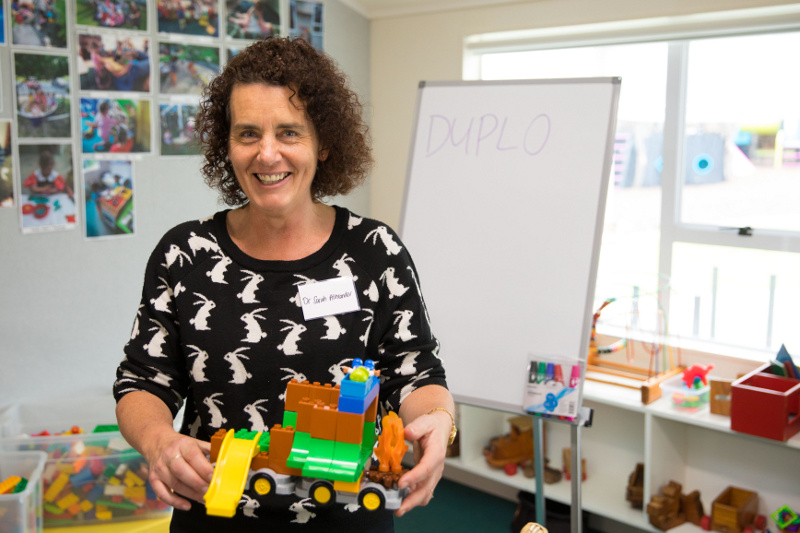
Early Maths
Embed mathematics learning into your language for kids to pick up from.
Dr Alexander advised: “Introduce the language of numbers and maths through playing with DUPLO. This can start with counting, whenever you are picking up blocks, count aloud so the child is hearing the numbers all the time, and they are becoming familiar. For example, how many blocks have you got? We’ve got one block, do you need four more blocks, okay one, two, three, four.
“Eventually they will start to pick up on the order of numbers, then they learn to match objects to numbers, they know that in their hand they have two blocks and now they have three blocks.
“This is how equations are introduced, it can be a very natural thing that just happens with DUPLO, the children are still having fun without realising they are doing maths.
“In the future when they are learning equations, they’ve had that concrete experience doing them, they have gained knowledge and a good grounding of maths through play,” said Dr Alexander.
Recall and Memory
“With children it is important that through this play, you don’t just let a child learn something For example, building a house that stays standing and then tick it off and say to yourself, now they know how to build a house. The research has shown that if you can talk about it later with your child and recall it then it is more likely to be remembered. The child is more likely to go back to their house and build a more difficult version of it, or maybe build an office building instead of a house if you have talked to them about building that house frequently.
“Your presence within their learning is vital, bring their play up in conversations. For example, do you remember yesterday when we were building that tower and you told me that it fell over to easily, why don’t we have a go again and see if we can make it sturdier?”
“Recall helps memory but it also helps to build and extend on learning.”
Scaffolding
‘Scaffolding’ is a term for a method of teaching, about giving support to children with their learning – similar to the support and structure a scaffolding base gives in construction.
Dr Alexandra advised that parents should use scaffolding techniques to help extend a kid’s knowledge and to constantly adapt as they go. She commented: “Children’s knowledge will be changing all the time and parents/teachers need to adjust their support techniques accordingly. Scaffolding can help support a child to a higher level of performance. Creating opportunities for a child to reach a new level of development. For example, there are some more bricks over there, can you add them into your construction?”
The above information was kindly provided by LEGO® DUPLO®.
About DUPLO
LEGO® DUPLO® products provide children aged 1 1/2 to 5 with fun, creative, high-quality play experiences that support children’s learning and development. While playing is all fun and games for kids, as it should be, the different types of LEGO DUPLO play – constructive, exploratory, and role play – entertain but at the same time lay the foundation for essential developmental milestones. With mutual values DUPLO and Playcentre formed a partnership in 2016. This Workshop was held free for parents of Playcentre in Auckland on Saturday 2nd of September, helping parents to maximise learning opportunities with DUPLO. For more information, visit the LEGO website.
About Dr Sarah Alexander
Dr Sarah Alexander is the Chief Executive of Child Forum – New Zealand’s leading childhood education national organisation, and a former Early Childhood Education Teacher. She is also a mother of five and has a wealth of knowledge in pre-school development and learning through play.

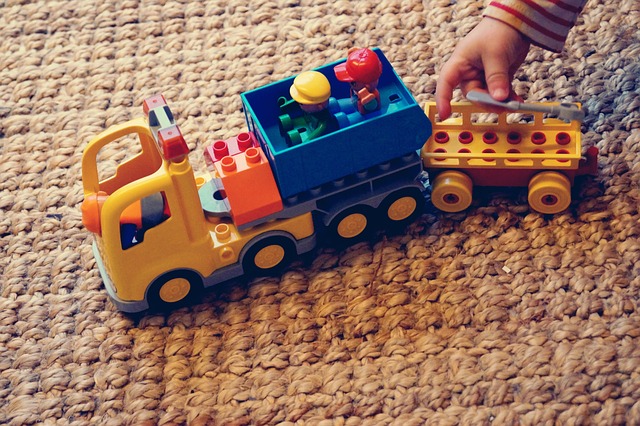
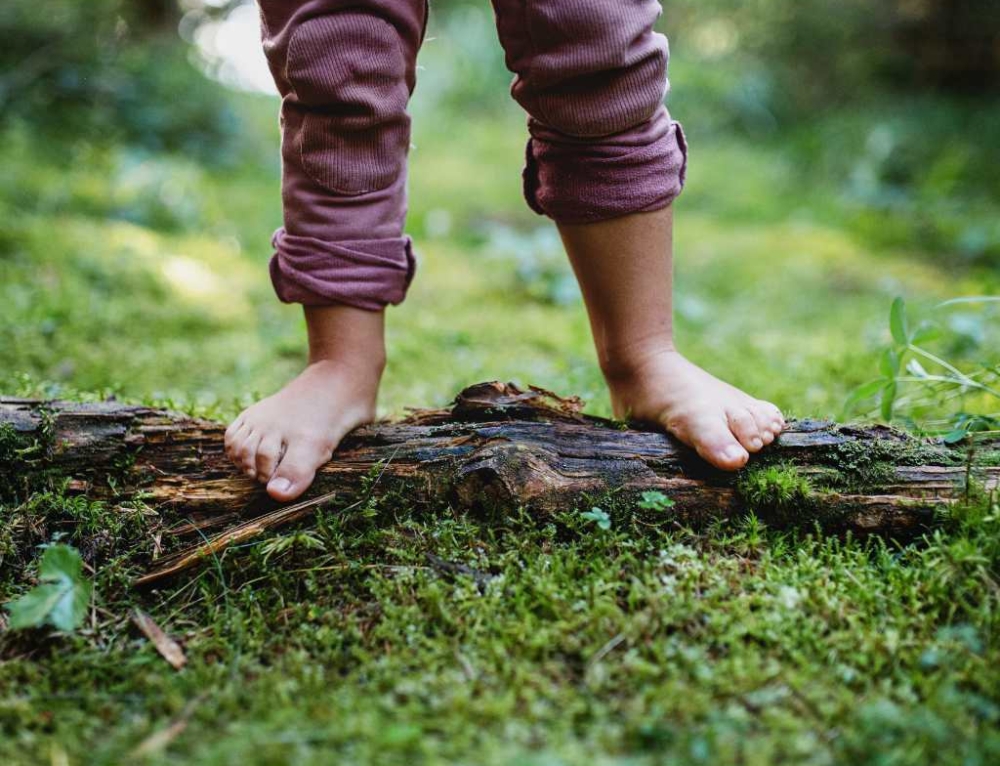
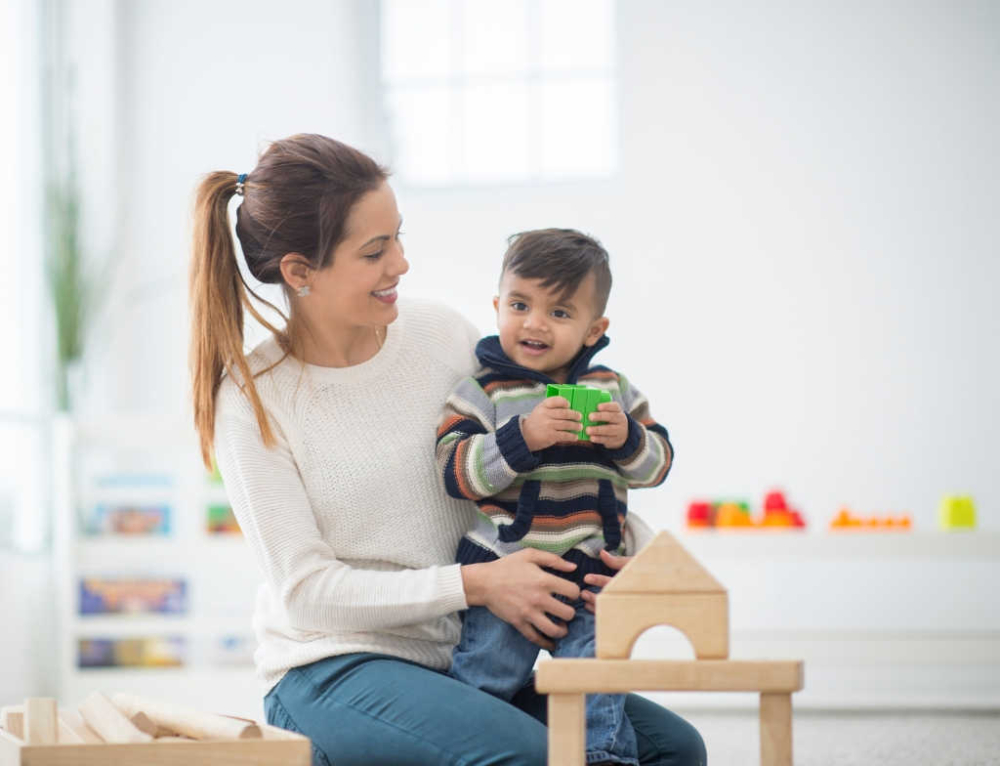


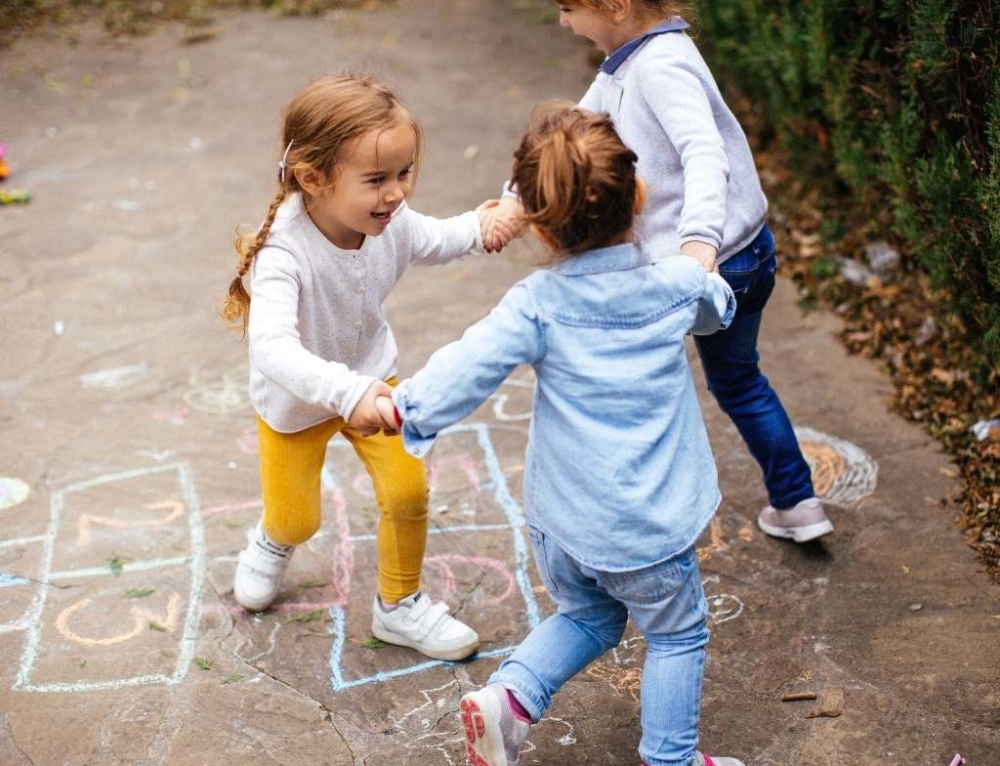
Some great tips. We love play based learning and I am always looking for ways to extend miss 4. She wants to be a builder (or engineer) when she is older so these would be great to keep her engaged with the learning.
Play based learning is such a great way to learn – you can teach so much such as communication, and problem solving by having fun- even from a very young age.
There is some great ideas in this article with using duplo for maths by asking questions to get them think about maths. Problem solving using duplo to think how can I build a house or farm with duplo little minds are always thinking. I just love these ideas and how true they are
It always amazes and fascinates me how much our little people learn through play!
I love getting down to Mykahs level and playing duplo with him it’s actually quite therapeutic at same time and enjoy seeing his incredible imagination come to life… I have noted he’s abit like Dad a total perfectionist so does at times get frustrated with problem solving and a stray duplo will take a flight to the couch haha but as a whole he is quite clever at sorting it out on his own and the huge proud smile he has whwn he does is the best. I liked the early maths suggestions as my older 2 aren’t the best at maths so any chance to try assist in this area I’ll take
Love this. It’s true that you can turn anything into learning, and that every day in every way our kids are learning from their environment. Play is so important. Duplo and Lego both allow kids to learn and explore. Not only can you learn from the building, but if you then use those builds as part of further roleplay as well, it can help again with maths, language skills and even social skills.
This is something that we have always done with our children, count and discuss number while playing and it shows, my 14 year old was the school dux last year and has been put ahead in maths by a year and earlier this week when picking up my 3 year old from kindy he asked if there were muffins left from the baking that I had done the night before, I said yes as I had made 12 and everyone in our family had had one each (there is 7 of us) he sat quietly for a moment then said “so there is 5 left’!!
I am an early childhood trained teacher and I love reading articles like this which show the true value of play based learning. So many people don’t see the full value of play but it is great to have different aspects narrowed down and the positives highlighted so well.
Great tips – we have always tried to help our 4 year old learn through play – going up stairs we count, playing shop with her we try to teach money and how you can add and subtract. I love the co-construction idea though. Our daughter has an amazing memory and recall ability already (most parents probably say that ha), she will bring up something we have talked about or shown her from a year ago, she is always leaving us flabbergasted.